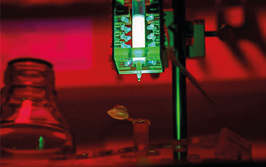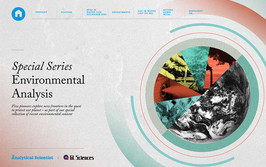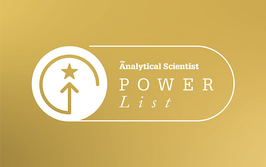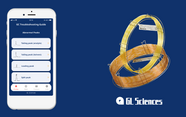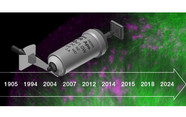Joel M. Harris

Professor of Chemistry, University of Utah, USA
Qualities of an innovative thinker? In my view, the best innovators are driven by curiosity and a motivation to understand and figure things out. Innovation is a consequence of new understanding. The analytical sciences fit well into this paradigm, where novel and more capable methods for observing the physical/chemical world provide new insight that illuminates a path to invention and new discoveries. Curiosity to gain insight makes coming to the lab a pleasure, so that innovation is not the goal of the work, but flows naturally out of new understanding.
Making the most out of your invention… For me, the impact of my innovations have been greatly enhanced by collaborations. These relationships arise out of attending talks at meetings outside of my area, meetings with colleagues and visitors in my department to discuss research ideas, and occasionally someone coming with a measurement problem they have been unable to solve. The resulting conversations have provided a great mix of new science, questions that are unanswered, and opportunities for our measurement ideas to generate discoveries in areas beyond my own research experience. Through these interactions, my own scientific knowledge is broadened – and learning a new area of science is among the most rewarding aspects of working in research.
Book for scientists? Richard P. Feynman’s “The Feynman Lectures on Physics.” This series of lectures for a two-year undergraduate course taught at Caltech in 1964-66, recorded and transcribed by Robert Leighton, provides deep insight into the fundamental physics of matter, mechanics, thermodynamics, EM radiation and optics, statistical mechanics, kinetic theory and diffusion, interference, electrostatics, Maxwell’s equations, quantum mechanics, and all the mathematics that underlie these phenomena. These lectures can fill in gaps in our knowledge of the physical world with remarkable clarity and depth.


